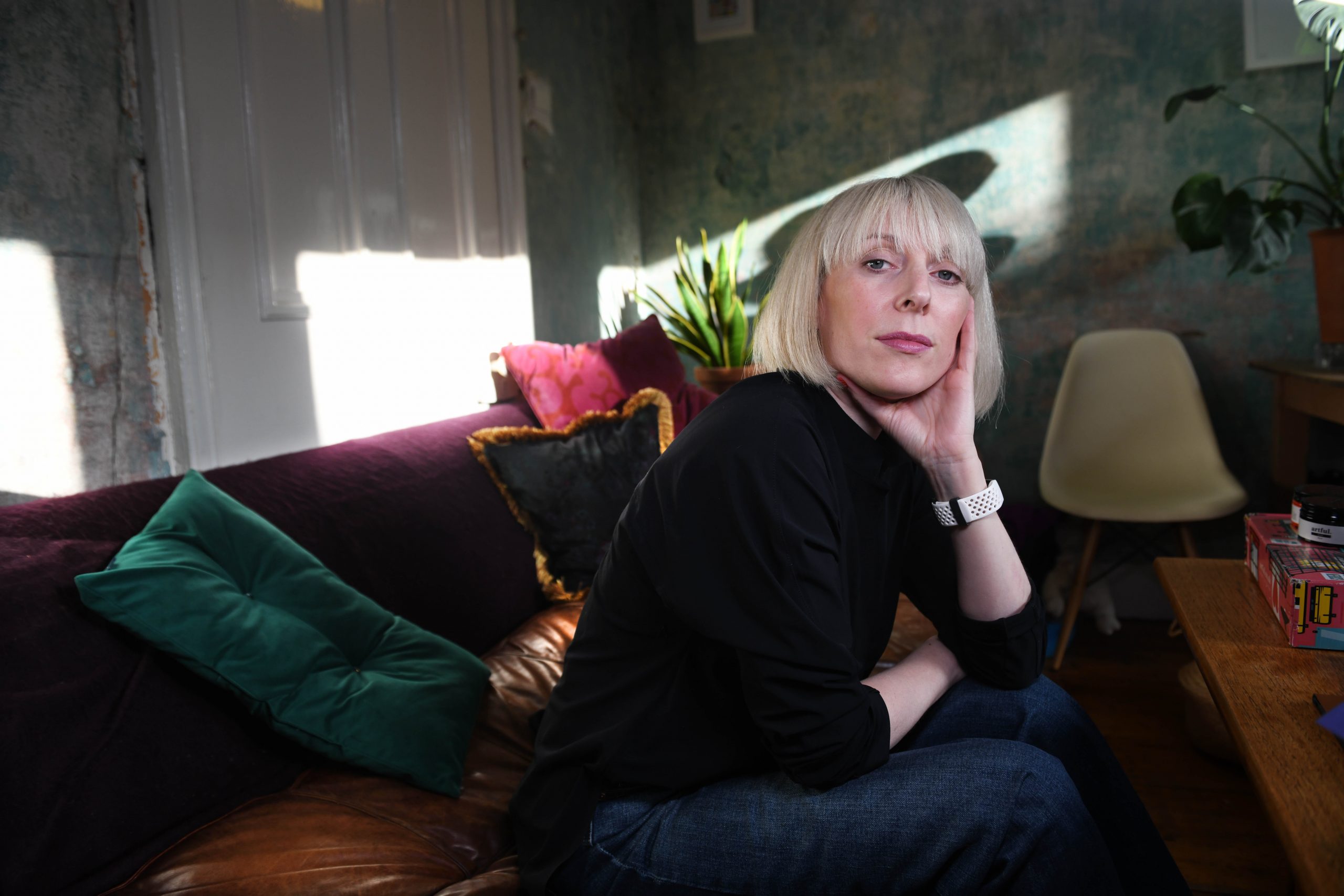The last time Dee Coakley and I spoke, we were cloistered away in a media cubby in Lisbon. Coakley had just presented on Web Summit’s main stage to 17,000 people, and she moved easily among the throng of Irish founders who annually migrate to Portugal for the event. A soigné figure on the Irish tech scene, Coakley stands out in every room filled with branded zippies and organic sneakers. As chief executive and co-founder of Boundless, an employment platform that enables employers to compliantly employ and pay remote workers, she also has impeccable timing. Boundless was founded in 2019, after…
Cancel at any time. Are you already a member? Log in here.
Want to read the full story?
Unlock this article – and everything else on The Currency – with an annual membership and receive a free Samsonite Upscape suitcase, retailing at €235, delivered to your door.

